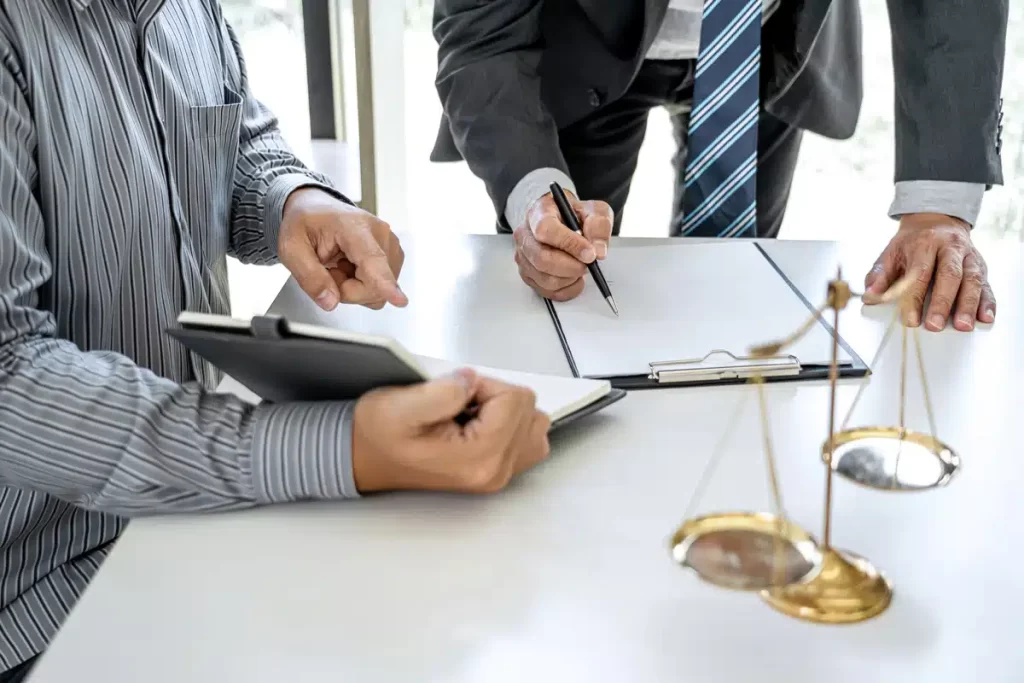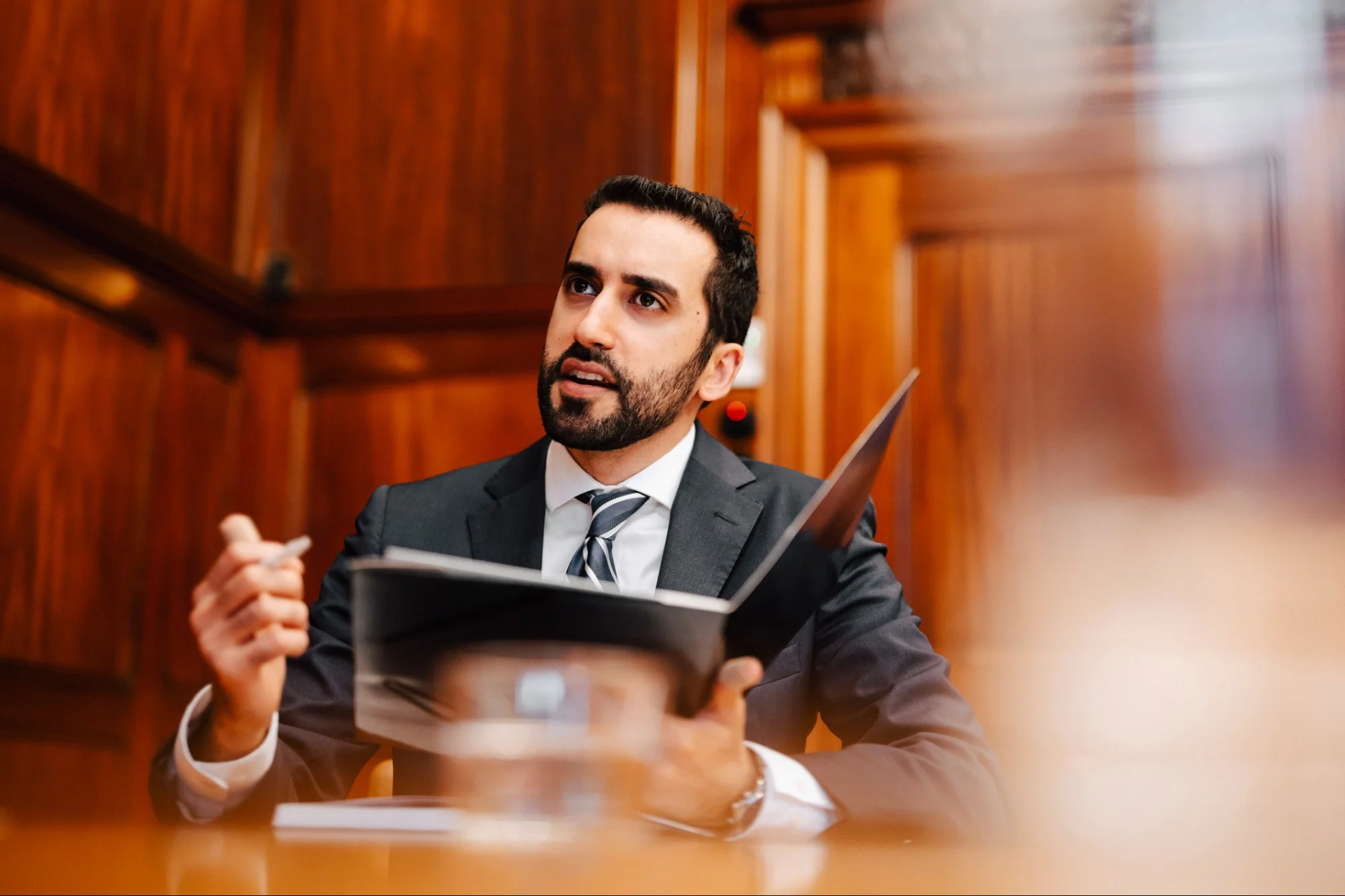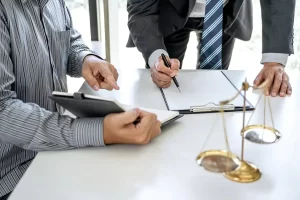
Trust disputes can arise when there is ambiguity or disagreement over the terms of a trust, the intentions of the trustor, or the conduct of the trustees and beneficiaries. In these situations, the process of resolution depends much on legal witnesses. The legal witness for trust disputes can support the legal arguments of the engaged parties and offer necessary proof to define the aims underlying the confidence and support. Often called upon to corroborate papers, validate conversations, or offer first-hand testimony essential to the case are legal witnesses.
What is the Role of Legal Witnesses?
Legal witnesses are people relied upon to assist in fact-establishing and important detail clarification in trust conflict situations. Within the framework of a trust conflict, these witnesses might range from those who were present during the trust’s founding to specialists like lawyers or financial consultants who might have helped to construct the trust agreements. These witnesses help to make sure that everyone engaged in the conflict clearly understands the legitimacy and intentions of the trust.
Supporting the Validity of the Trust Document

Legal witnesses also contribute significantly to help prove the legality and authenticity of the trust agreement. Sometimes people contest the validity of a trust, wondering whether it was run appropriately. Legal witnesses can testify on the events surrounding the establishment and execution of the trust, so verifying whether the trust was signed by the trustor in the presence of the necessary witnesses, whether it conforms to legal formalities, and whether there were any anomalies in the procedure is important.
Resolving Disagreements Between Trustees and Beneficiaries
Trust conflicts might arise from differences between trustees and beneficiaries over how the trust should be run or its provisions interpreted. The legal witness for trust disputes can describe how the trust was supposed to run, therefore offering vital evidence in such conflicts. They might have seen the trustee’s behavior or heard talks that clarify the trustor’s intentions, therefore facilitating the court’s interpretation of the terms of the trust and resolution of the conflict.
Trust conflicts can be resolved only with legal witnesses present. They clarify the acts and choices of the trustee, confirm the authenticity of the trust document, and assist to define the intentions of the trustor. Their evidence can help to provide a basis for settling conflicts and guaranteeing that the terms of the trust are maintained, therefore safeguarding the rights of all the engaged parties. Trust conflicts would be far more difficult to settle without the insightful comments of legal witnesses, thereby maybe resulting in expensive and protracted litigation.






